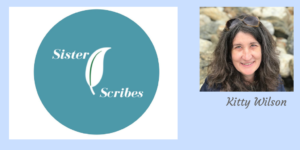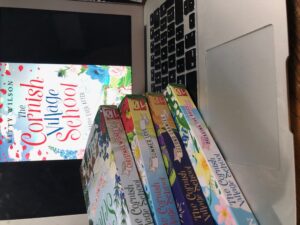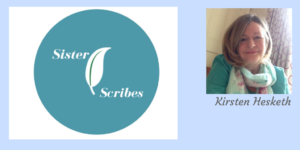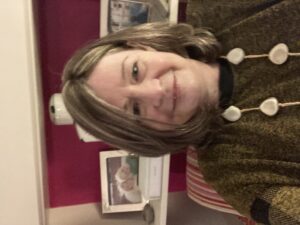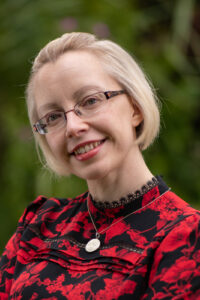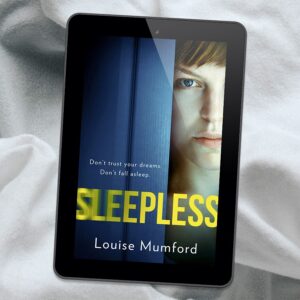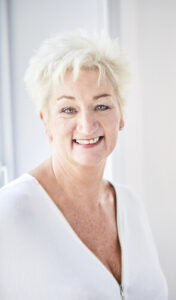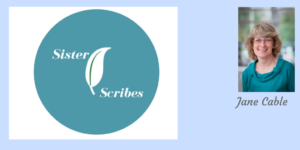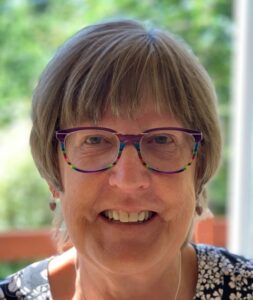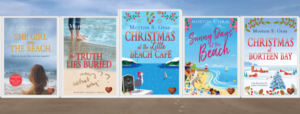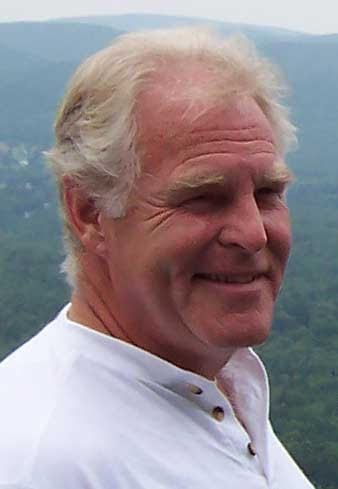Writing this piece for Frost turns out to be one of my very last duties as RNA Chair, as I’m standing down in January and handing over the reins. Being the Chair of the RNA is brilliant and overwhelming and challenging and wonderful and infuriating in roughly equal measures, and this year it’s been… well, it’s been 2020.
A year ago Bella Osborne and I shared some of our plans for the year with Frost readers. 2020 was the RNA’s Diamond Anniversary year and we had big ideas for a huge celebration event in June, alongside bigger and better versions of our regular conference, York Tea and Winter Party. As it turned out, of course, our awards ceremony at the beginning of March was our last physical event for the year, and probably our last event for a little while yet.
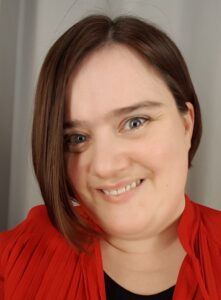 As Chair of the RNA the overriding feeling is that you’ve been handed custodianship of something very special, so the first priority is not to mess it up. There’s a rough calendar for the year that you expect to follow, and might then add to with special events for something like a big anniversary. When that calendar is suddenly completely empty and you know that the association has members across the country, and around the world, still keen to interact and develop as authors and network with industry professionals, the challenge of not breaking the organisation you’re charged with looking after can suddenly seem very large indeed.
As Chair of the RNA the overriding feeling is that you’ve been handed custodianship of something very special, so the first priority is not to mess it up. There’s a rough calendar for the year that you expect to follow, and might then add to with special events for something like a big anniversary. When that calendar is suddenly completely empty and you know that the association has members across the country, and around the world, still keen to interact and develop as authors and network with industry professionals, the challenge of not breaking the organisation you’re charged with looking after can suddenly seem very large indeed.
But no good story reaches its resolution without some challenges and obstacles to overcome, and, in life as in writing, constraints bring forth creativity. So we might not have met up and celebrated 60 years of the RNA in the way that we hoped, but we did still hold our conference – albeit virtually -which opened up opportunities to members who might not normally be able to travel. In addition to our local chapter groups, many of whom have met up via Zoom during lockdown, we now have genre-based networking groups online to allow members to exchange ideas and get to know one another. And alongside our Rainbow Chapter, celebrating LGBTQIA+ romantic fiction and authors, we now have our DISCO Chapter, championing fiction from disabled and chronically ill authors, and representing disabled and chronically ill characters.
We presented our Joan Hessayon Award live in a webinar event, which means that our brilliant winner, Melissa Oliver’s, fantastic reaction is saved for posterity. We announced our Industry Award winners in a video presentation. We brought new opportunities for professional development to our members with the launch of our online RNA Learning programme. And we’ve continued to share ideas and articles on our blog and via our magazine, Romance Matters. Finally, in November we asked the wise people of Twitter to vote for their favourite romantic novel of the last 60 years. Take a bow Bridget Jones.
And our members have continued to write. Against the backdrop of 2020 it would be understandable to question whether telling beautiful stories really matters, but it does.
Romantic fiction is an escape. It’s an escape from a real world that can be overwhelming and unremitting. Romantic fiction is a place of safety. It offers the chance to cry your heart out within a bubble of an imaginary world. It offers catharsis and a space to explore fears and hopes. And, most importantly, romantic fiction is a promise. It’s a promise that obstacles can be overcome, that dark clouds will clear, and that better times will come.
Coronavirus will pass. The need for stories, and storytellers, never will.
Alison May is a novelist and short story writer and current Chair of the Romantic Novelists’ Association. Alison also writes as Juliet Bell (www.julietbell.co.uk and @JulietBellBooks).


